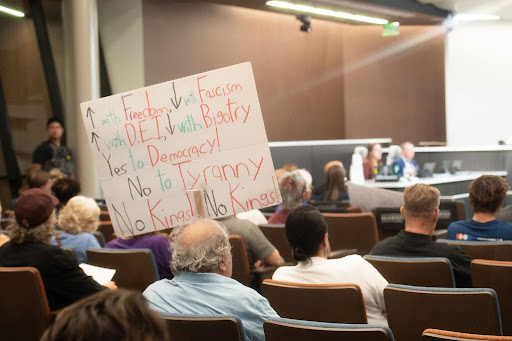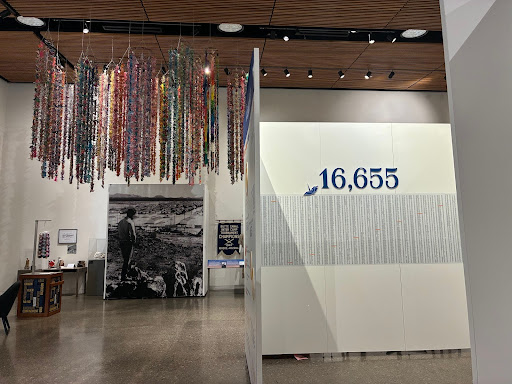Improperly trained advisors affect student futures
Improperly trained advisors and student employees at Mesa Community College (MCC) organizational plan affect student’s future and their financial obligations.
Student advising at MCC is to provide the right guidance and information to allow students to prevail into their careers. Advisors are responsible for enrollees who attend fall and spring courses.
We don’t have a pathway system for students to follow and then transfer to a university. Advisors have been relying on the universities pathway to set up students classes on campus.
MCC Students are responsible for making appointments and remembering to adhere to their academic needs and problems when it comes to meeting with any advisor. According to academic advisor Alyana Thorpe, the system is not set up for accommodating students properly.
“We looked at the statistics of students starting but not finishing community college so we are really trying to make sure they graduate.” Thorpe said.
The graduation rate for full-time students in 2014 was 16 percent and as of 2017 only 31 percent of students are enrolled full-time. With the current system in place, there is no structured way of being able to reach the students that attend classes and those who drop out.
“Guided pathways more strategic choices to help students toward completion and well-paying jobs was a critical overarching theme,” according to the May 9, 2017 Updated MCCCD Transformation Plan.
With MCCCD having 10 campuses, students realized they were being misinformed and wanted a clear direction for their degree or program so they were not taking unnecessary classes.
Alyana Thorpe is one of the few who have been trained in the analytic position. This new system will create a proactive relationship between students and their advisors.
The plan calls for students to be assigned an advisor that will become an expert in the students field of study. Thorpe explains her team has been collaborating on the best way to assist students and assure a greater graduation rate.
While this process is in its beginning phase, advisors like Thorpe are being assigned students at random and keeping track of their fall and spring classes. She is able to recognize who is succeeding and who is falling behind in their courses.
“We looked at the statistics of students starting but not finishing community college so we are really trying to make sure they graduate,” Thorpe said.
Instead of just leaving everything up to the students, advisors will contact those who need extra guidance, whether they are enrolled or not, so they meet their educational goals.
The task force wants to provide students with a guided pathway to complete a program. for students by creating a Eadvisor tool system, an online method that strategically prepares students who know what to do for their future without the help of a face to face interaction with an expert.
“That’s something that is going to come out within the next few years,” Thorpe said.










